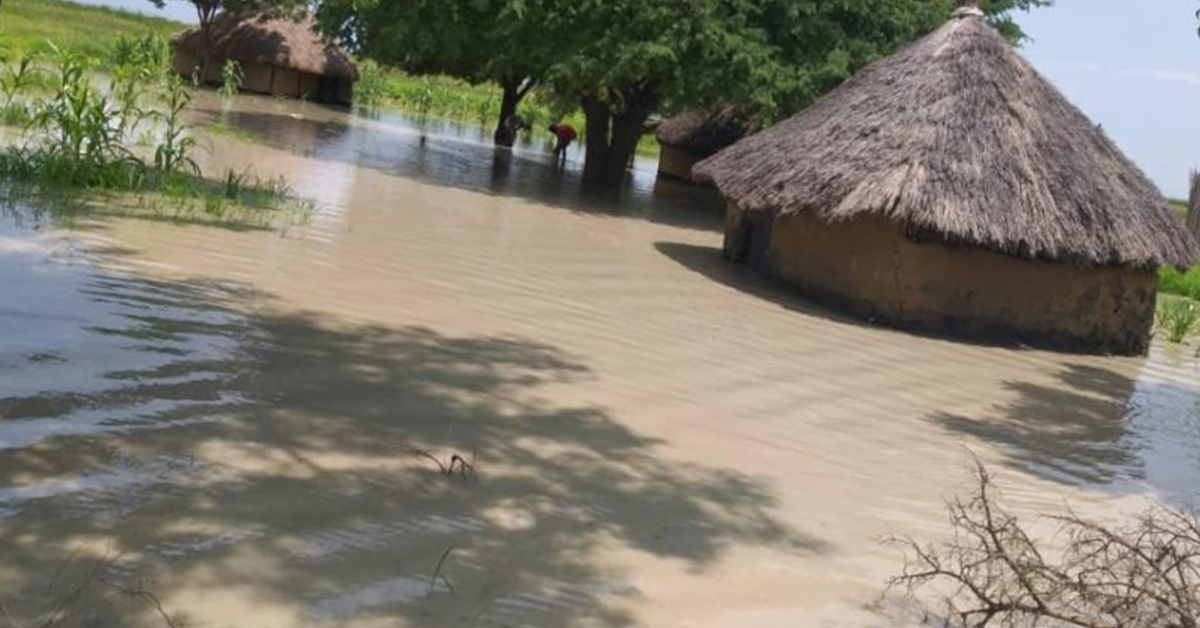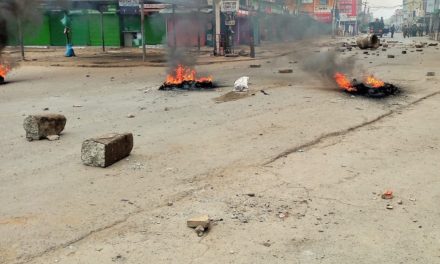
COVID-19, floods and locusts could cause famine in East Africa, WFP announces

“The pandemic strikes at a time when the region is fighting an ongoing desert locust outbreak. A key priority to mitigate food insecurity in East Africa is to keep borders open.” WFP announces.
The World Food Program (WFP) has announced Friday that the triple threat of COVID-19, floods and locusts could cause famine in East Africa affecting over four million people.
WFP estimates that the number of acutely food insecure people in East Africa could increase by 73 percent – from 24 million pre-COVID-19 to 41.5 million before the end of 2020 – in the region consisting of Ethiopia, South Sudan, Kenya, Somalia, Uganda, Rwanda, Burundi, Djibouti and Eritrea.
“The pandemic strikes at a time when the region is fighting an ongoing desert locust outbreak,” WFP announces.
FAO projects that the locust outbreak alone could result in an additional 1.5 to 2.5 million people being severely food insecure due to a heightened risk to crops and pasture during the main harvest season from July to September.
The region is also experiencing a flooding season, with above-average rainfall expected until September. Recent flooding in the region has affected 2.25 million people and displaced more than 1.1 million people.
Most of the expected increase in food insecurity consists of populations living in urban areas and hit by the socio-economic impact of the pandemic. In the region, some 50 percent of the urban population live in informal settlements with the majority relying on informal day-to-day employment.
Meeting the food security needs of populations in urban slums across the region is a critical enabling factor to contribute to prospects for stability and security in this tumultuous period.
East Africa hosts 3.3 million refugees and asylum seekers, and 6.2 million internally displaced people. Refugee populations who were previously able to feed and fend for themselves, including many living in urban areas and those working in the informal economy, now face significant challenges.
Most of the refugees are not covered by social protection schemes, leaving many families destitute and dependent on humanitarian assistance.
Covid-19 Update, 23 July 2020 • WFP commends the Governments of East Africa for their effective responses to COVID-19 and thanks them for the constructive collaboration with WFP on the pandemic response.
Governments across the region have re-prioritized public expenditure to meet emergency needs and made far-reaching public policy decisions to mitigate the public health effects of the pandemic and balance the socio-economic impact.
A key priority to mitigate food insecurity in East Africa is to keep borders open. WFP welcomes the collaboration of Governments in East Africa to keep food flowing so people de-pendent on markets can still access the right food at the right time.
The featured picture is of Ganyliel payam, a village where people have been displaced South Sudan by floods caused by heavy rainfall over the weekend. Photos extracted from Bouth Malek’s twitter post @Gatjam1916





















Recent Comments